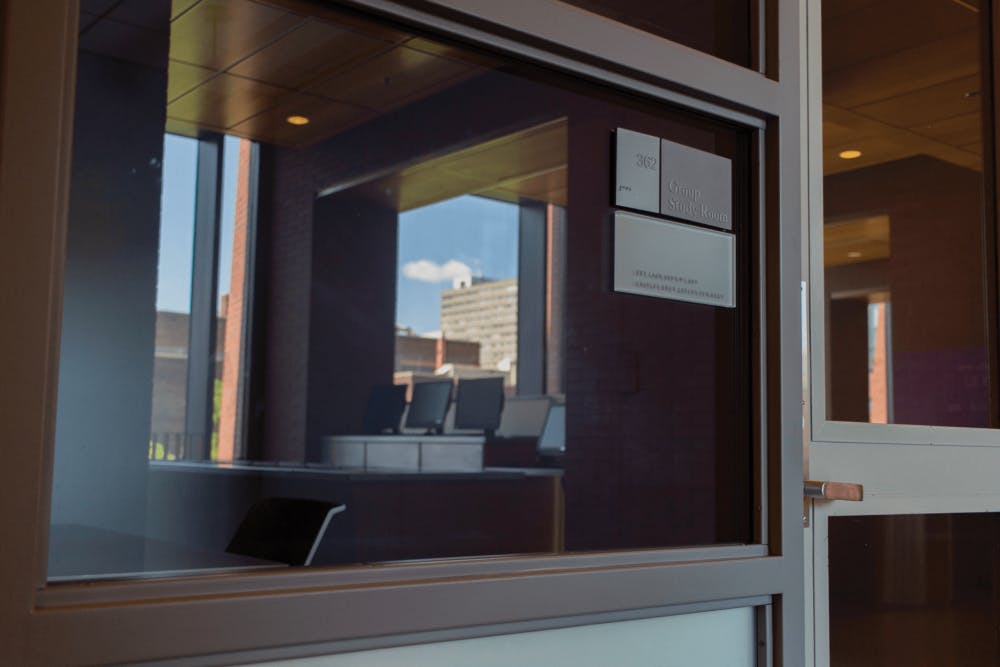
The Wharton School’s announcement that Huntsman Hall will now close at 2 a.m. in an effort to promote wellness has sparked widespread backlash among students gearing up for another semester of late-night study sessions.
With the University’s decision, the number of locations on campus open 24 hours has withered to a small group that includes the Van Pelt Library basement — and, of course, the McDonald’s at 40th and Walnut streets. While this change is unlikely to prevent students from pulling all-nighters or from packing their schedules with one commitment after another, it is certainly one of the University’s more concrete steps thus far to improve student wellness. It is also an important acknowledgment from the business school of the unhealthy lifestyle common among students on this campus.
All-nighters are a hallmark of the Penn experience. Packed course loads, extracurricular commitments, social obligations, and recruiting events often add up to leave little time for rest. Inevitably, many students find themselves sacrificing sleep for additional hours in Huntsman Hall.
Sleep deprivation can take a tremendous toll on a student’s physical and mental health. According to the Johns Hopkins University School of Medicine, a person who is sleep deprived is not only more likely to become physically ill, but is also at a greater risk of depression, anxiety, irritability, forgetfulness, and fuzzy thinking.
Penn students have long called for the University to build a healthier environment on campus and, for years, administrators have provided assurances but little tangible change. The actions taken this past year, including the hiring of a chief wellness officer and the implementation of an operational review of CAPS, have been unprecedented in many ways. These steps are commendable, but the most recent decision to change the opening hours of Huntsman Hall is a misguided decision in the University’s wider effort towards creating a healthier environment.
Huntsman’s reduced hours are unlikely to combat sleep deprivation, and the University must ultimately grapple with the level of competition and the rigor of coursework that motivates many of its students to forfeit personal wellness for academic and professional success. Huntsman has long served as a venue for collaborations and group-study sessions — valuable activities that often aren't feasible off campus or in dorm rooms. There is a reasonable possibility that the reduction in study hours may add to the anxiety of students, who now find themselves rushing to complete work before Huntsman’s closing time, or spending more time working alone.

Wharton Dean Geoffrey Garrett has just announced that the days of pulling all-nighters at Jon M. Huntsman Hall have come to an end.
Of course, this policy change represents an important statement from the University: No student should be expected to work through the night. Sleep deprivation is highly unhealthy, mentally and physically, and should not be the norm. But closing Huntsman early fails to address the reasons students so often need to work later than 2 a.m. in the first place. It's not because Huntsman's lights are on.
Instead, the University should consider limiting the number of midterms and projects throughout the semester, removing impediments to student collaboration on assignments, and continuing the expansion of mental health resources on campus. Until fundamental changes are made to the academic system at Penn, the decision to make 24-hour study spaces scarcer will only prove unpopular with students.
The Daily Pennsylvanian is an independent, student-run newspaper. Please consider making a donation to support the coverage that shapes the University. Your generosity ensures a future of strong journalism at Penn.
Donate







